How Do Wind Direction and Speed Affect Bass Fishing Success?
Most bass guides cover temperature, season, and how bass behavior changes in response to those factors. But there are many smaller details you're likely missing that can have a big impact on your fishing success.
One of those is something a lot of bass anglers might not expect. The wind.
Anyone who has tried to cast on a windy day knows that it adds an annoying layer to the experience, but how does wind actually affect bass fishing?
Today, we’re going to dive into that to help you become a more effective bass angler, even when it’s windy.
Newsletter Signup
Why Does Wind Matter When Bass Fishing?
Beyond the things that you immediately notice from the bank or on your boat, the wind has a dramatic impact on the fish that you wouldn’t expect.
From your perspective above the surface, it looks like nothing is going on in the water. Sure, the surface might be a bit choppy, but you likely think that a foot below that is just fine.
Well, that’s not true.
The wind greatly impacts temperature, water movement, visibility, and sometimes, the layout of cover and water structure.
1: Your Casting Ability is Greatly Impacted
We’re going to start our list with the one thing every slightly experienced angler knows and the first thing new anglers experience. The wind messes up your casts.
With most of the mainstay bass fishing lures and setups, you’re going to try to cast like you normally would, and the wind will move your lure right off target. You’re going to lose tons of casting distance, and you’re likely going to be several feet off-target even if you’re highly experienced with it.
The solution to this is pretty simple, though. You’re going to want to use heavier lures, and that likely means you’re going to want to use heavier line and a stronger overall setup to cast it all.
This does limit your fishing strategy quite a bit, but it will dramatically help you cut through the wind and get most of your distance and accuracy back.
2: The Fish Are Going to Move with the Current
This is the big one, and it’s going to make up several of the most important key points we have to touch on.
The wind does not just affect the surface and make it choppy. It moves the water entirely.
This will impact most of the items on this list, but in terms of bass behavior, there are 3 core points to cover.
First, the bass moves with the current. So are the bait fish. It takes an extremely heavy toll on the bass to try to swim against the current, and like any animal, bass take the path that’s the easiest.
Since the wind can completely change the direction the water is moving in, you’re likely going to have to change the way you look at your favorite pond or lake.
Pay attention to the direction the waves are moving in, and make sure you are always presenting your lure as moving with those waves. 99% of the time, this is going to mean casting directly against the wind.
You’ll lose a lot of your casting distance unless you use very heavy lures, but as you retrieve the lure, it will look like it’s naturally moving with the current.
It’s a lot easier to cast with the wind, and you can even get longer-than-normal casts, but the bass will pick up on the fact that the tiny “baitfish” they’re looking at is swimming against a current even they have trouble with.
Another point is that many baitfish simply can’t keep up with the current, and they get pushed right up along the bank. They won’t move much from these points, either. So, casting right out in the middle of the lake during a heavy wind isn’t a great idea.
Instead, you’ll want to focus on finding the points where the wind is most likely to push the baitfish and start casting there.
If you find the spot where a bunch is holding to escape the wind, you’ll likely have a far easier time fishing in the wind than you think. Especially if you cast into the wind and let approaching bass think your lure is a lone straggler and prime prey.
The third point we’re going to touch on here is that the extra movement in the water is going to make it a bit more exhausting for the bass to chase your lure. As such, you don’t want to speed your lure through the water.
For other reasons we’ll be talking about shortly, you probably won’t be able to get a lure right on top of the bass. However, if you move slower, you can give the bass more time to lock on, commit, and catch up to your lure. Speeding your bait around is likely to get you skunked.
3: Visibility is Greatly Impacted
This one impacts you and the fish pretty much equally. When you’re dealing with the wind, visibility is greatly hampered. Even with the cleanest, most pristine bodies of water, visibility will look a lot like you’re fishing in a mudhole.
This is for two reasons.
First, the choppiness of the surface distorts the view from the surface dramatically. The windier it is, the more this happens. You simply can’t get a good view of the water.
Then, there’s the fact that the movement of the water tends to swirl up dirt and debris. It's a lot like having a glass of water with a bit of dirt settled at the bottom. It looks clear, but if you give it a little spin, it’s completely opaque. That’s essentially what happens in the lake.
On the fish side of things, they just have a harder time seeing your lures. Luckily, it’s pretty easy to deal with this. You simply use the lures that you’d use in a murky water situation.
Chartreuse is a common favorite among anglers, but there are a lot of options to choose from. Anything with flash that can cut through that murkiness also helps.
However, it also affects you. It’s preferable to get your lure as close to the fish as possible to limit how much energy they have to exert to get to your lure, but spot-fishing is going to be nearly impossible.
That means that you’re going to have to rely on your sonar a bit more or spend extra time finding fish the old-fashioned way by fanning out your rig in an area, trying to get some bites, and moving on quickly. It’s slow and less accurate, but it’s part of the game.
4: The Temperature Drops
You know how it can be a scorching hot day, but then a subtle breeze comes through, and you feel a lot cooler? Well, that happens to the water, too. You’ll probably feel a little cooler, and the water temp, as the wind blows it around, can suddenly get a little chilly.
How this impacts the fish is going to greatly depend on what the type of day was before it got windy.
If it’s extraordinarily hot, it might even be a positive thing since it can lower the temperature of the water to more manageable levels for the fish. However, if it’s a chilly fall day or in the earliest weeks of spring, it can easily ruin your day.
You can still fish, and if it’s not excessively windy, the temperature change likely won’t affect much. Just keep an eye on it and use a little common sense to adjust your strategy if necessary.
5: Additional Surface Cover and Surface Cover Movement
When the wind starts knocking things from the surface onto the water, it might help you out a little. Bass loves covers and ambush points.
So, if it’s a windy fall day with the leaves falling off the surrounding trees, and the lake surface gets a nice blanket of leaves, you can expect that to turn into impromptu cover for the bass.
Casting around the edge of it or punching through it, just like a moss mat, can produce some great results.
Speaking of moss mats, the normal surface cover that you’re used to working with can shift with the wind if it’s free-floating.
None of the normal coverage you’re used to is going to suddenly speed off and ruin your strategy mid-cast, but it is still something to keep an eye on and how that movement pairs with other factors. The bass might not stick under that cover if other factors aren’t as useful as the cover.
Other Things to Watch Out for with Windy Bass Fishing
Those are the primary ways wind affects your experience, but that doesn’t mean that there aren’t other things to consider.
Wind can produce some fairly dangerous conditions that you need to be aware of. We all want to get a good bite, but just like any other activity in the outdoors, you need to take care of your safety, too.
Here are a few things to consider.
1: Hooks are Less Controllable
Unless you’re using very heavy lures, the wind is likely going to wave your lure around while you’re waiting to cast, or it might even push your lure back at you when you go to cast it out.
We’ve all seen the cringe-inducing photos of anglers with hooks stuck in their necks, faces, hands, and everywhere else, and most of us have had plenty of minor hookups with our flesh. Typically, it’s nothing major.
However, you do need to take extra precautions and make sure you’re keeping an eye on that hook to prevent the hook from getting a hold of your eye or something else. Especially with lighter setups that are prone to flying around wildly.
2: Boats Can Be Dangerous in High Winds
A slight breeze isn’t going to affect you on a fishing boat very much, but if the winds are really heavy, they can cause you to lose your footing and fall in, and in smaller kayaks, the wind can even cause you to get blown around without much control.
Either situation can end up being very dangerous, and you need to take extra precautions to prevent that from happening. Also, you need to know when it’s best to change your strategy or go home. If it’s incredibly windy, it probably isn’t a great day to row out in a tiny fishing kayak.
3: Bank Fishing Can Even Be Risky
You’d think bank fishing would be the safest way to fish in the wind, but if the wind is bad enough, it can be a huge problem. This largely depends on the type of area you’re fishing.
A flat bank next to some shallow water probably isn’t going to create any major situations, but if you’re fishing on a steep and rocky embankment, high winds can easily cause you to lose your footing and take a tumble.
Even if you don’t get wet, you can easily end up breaking a bone or otherwise getting hurt. Be extra careful when navigating such areas, and of course, try to avoid them if you can.
4: Cold Days Get a Lot Colder
If it’s a colder day, the wind is going to exacerbate that issue. Cold-weather bass fishing is already a challenge with some innate risks, but fishing in the cold when it’s windy is an even bigger issue.
You can suffer cold-related issues much faster, and there are the issues we already talked about, such as higher slip risks, to consider.
A lot of the time, if it’s windy and colder than when most other anglers are willing to fish, it’s probably better to stay home.
Conquer the Wind and Lip a Big Bass
Wind bass fishing may pose unique challenges, but it also opens the door to exciting opportunities and memorable catches.
To give yourself an edge, rethink your strategy and fish smarter, not harder.
If you want to improve your chances of landing a big Bass, join the BassForecast family for real-time weather insights, hazard maps, and expert fishing tips.
Learn more about our fishing app and turn every windy day into your next big catch!



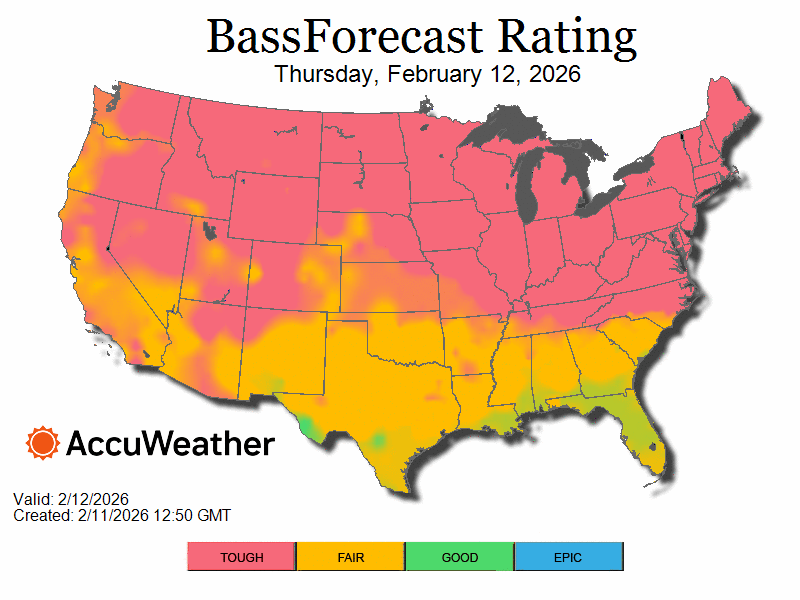
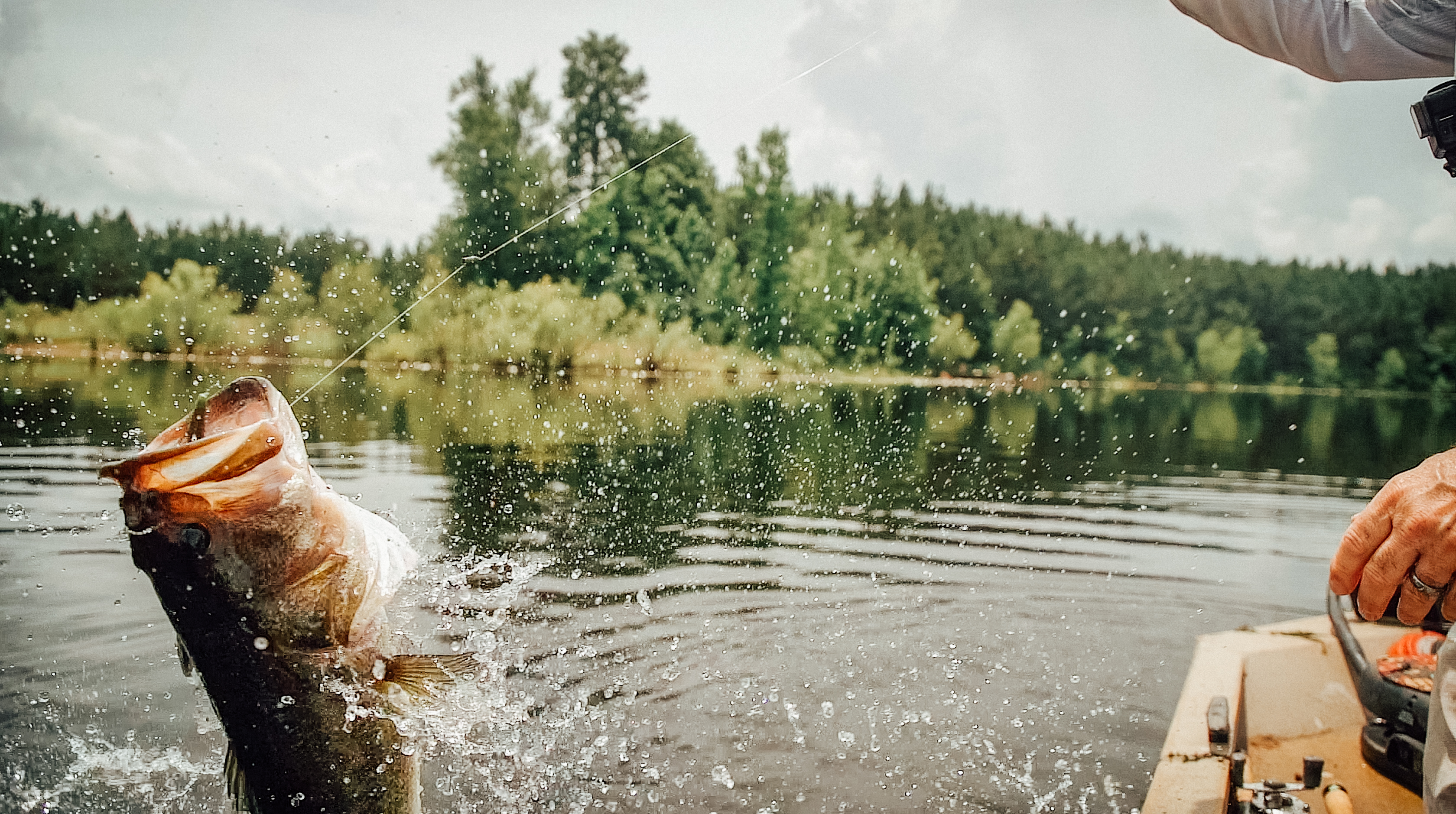
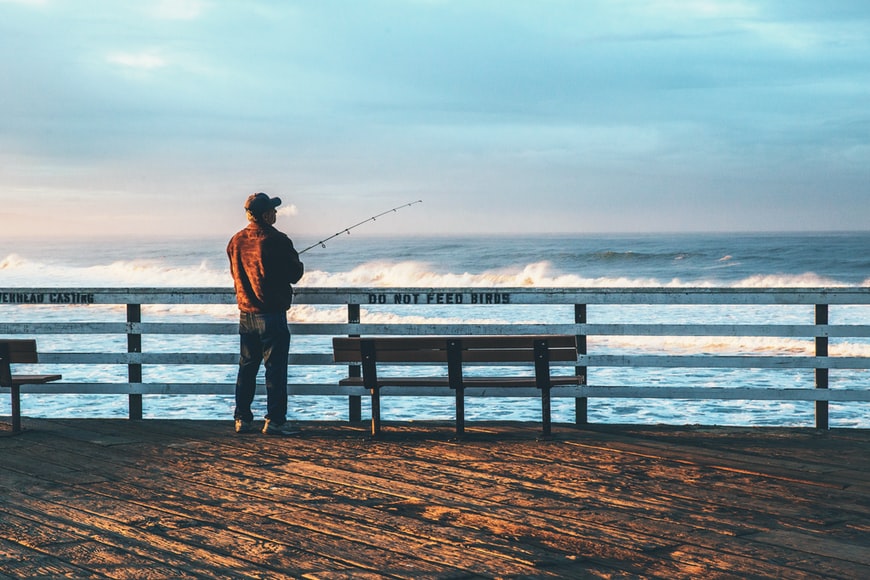
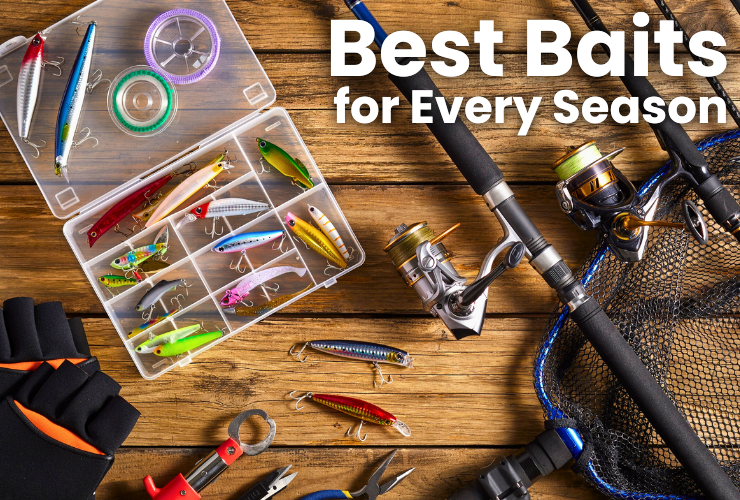
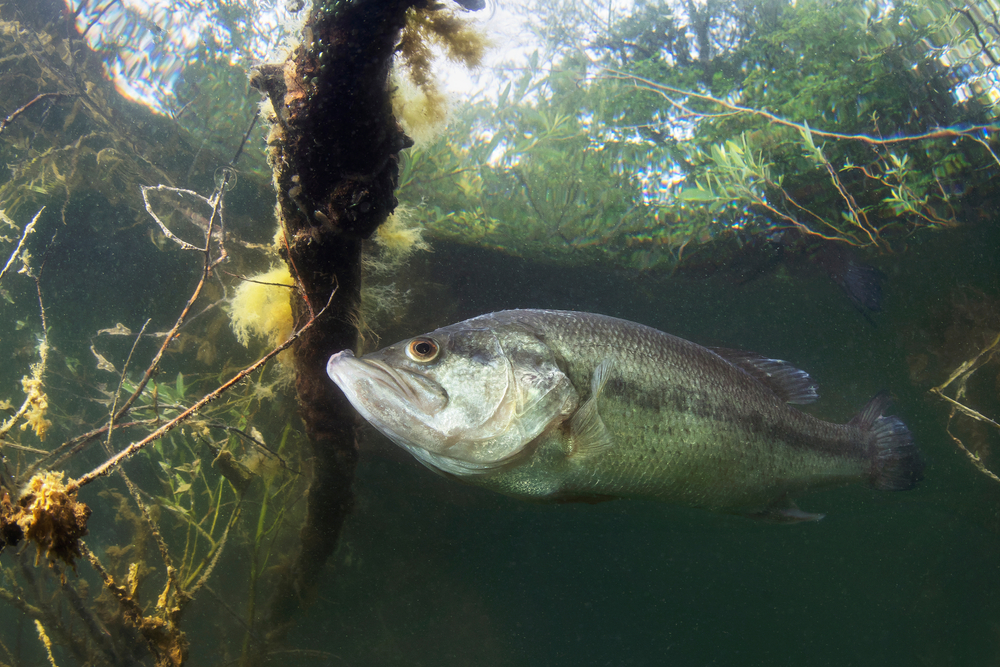
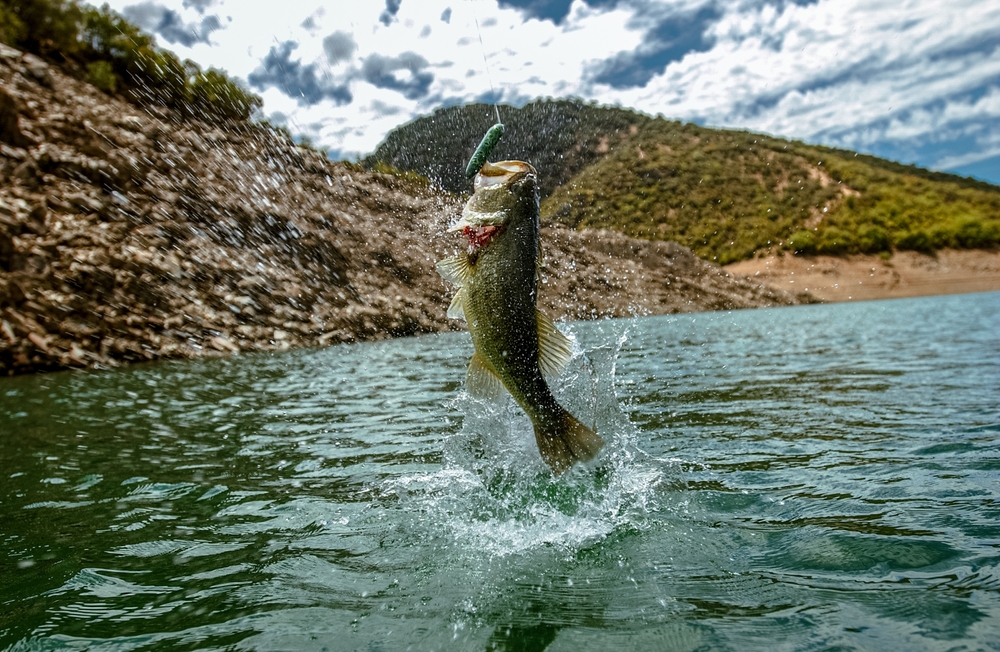
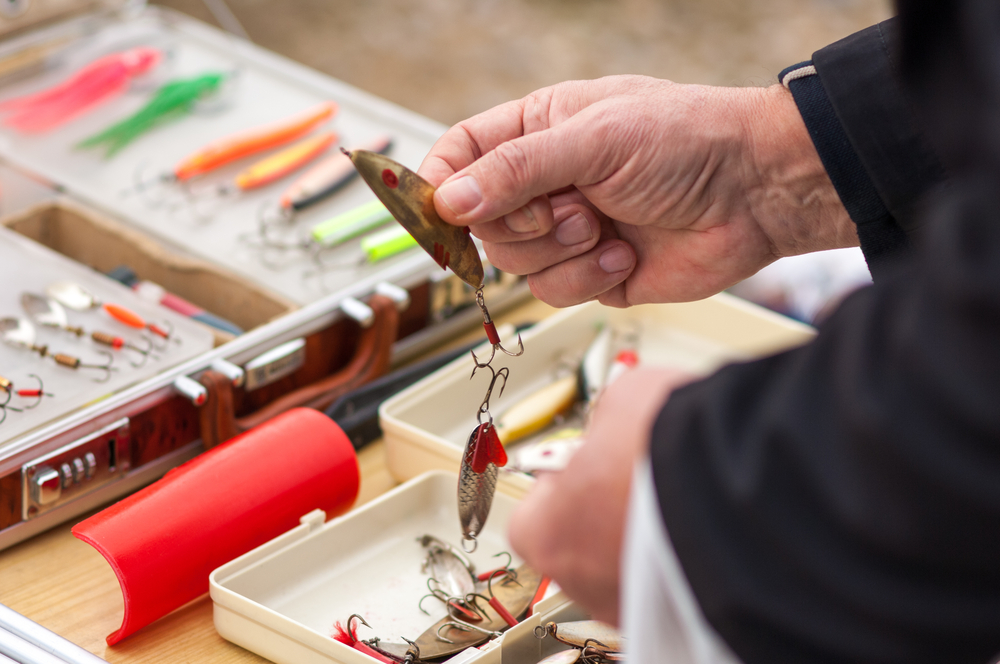
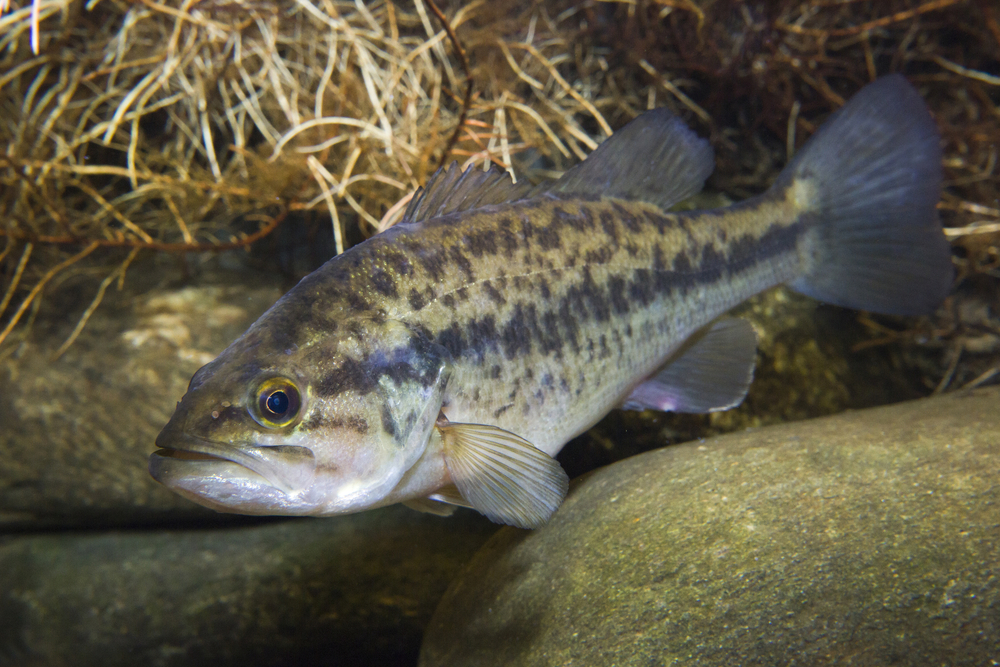
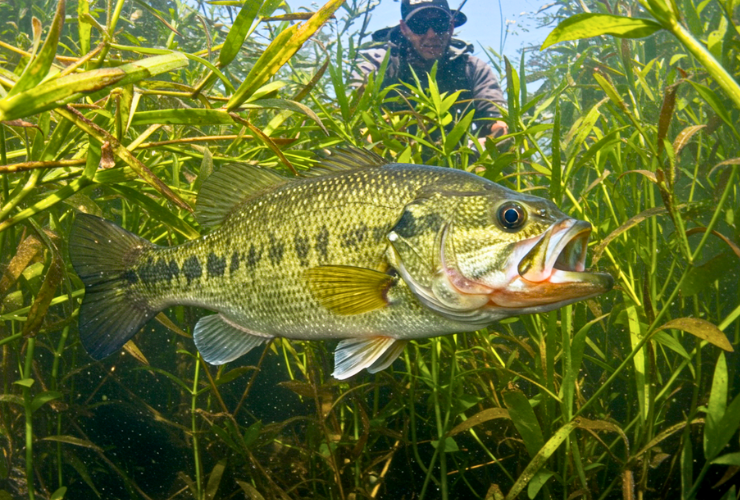
.png)
.png)